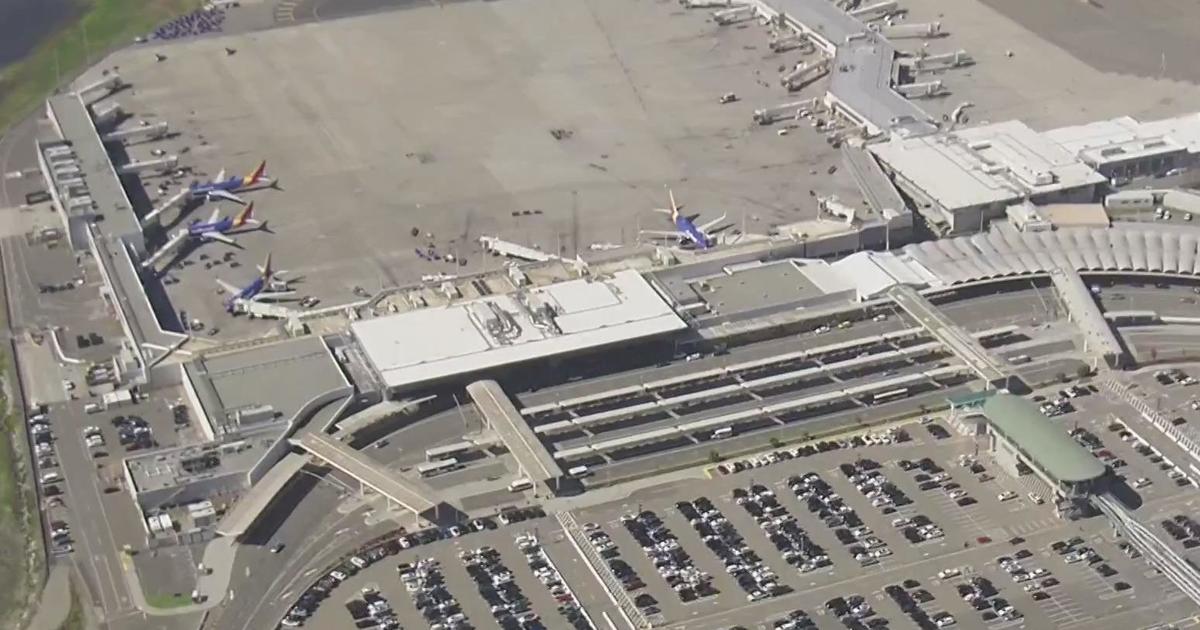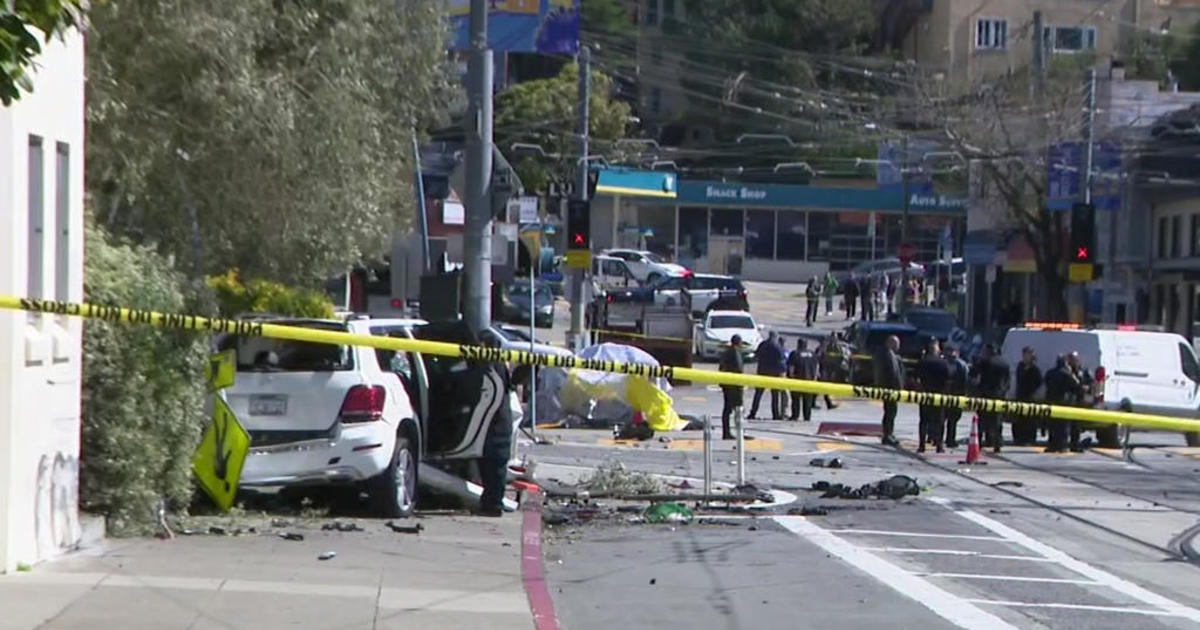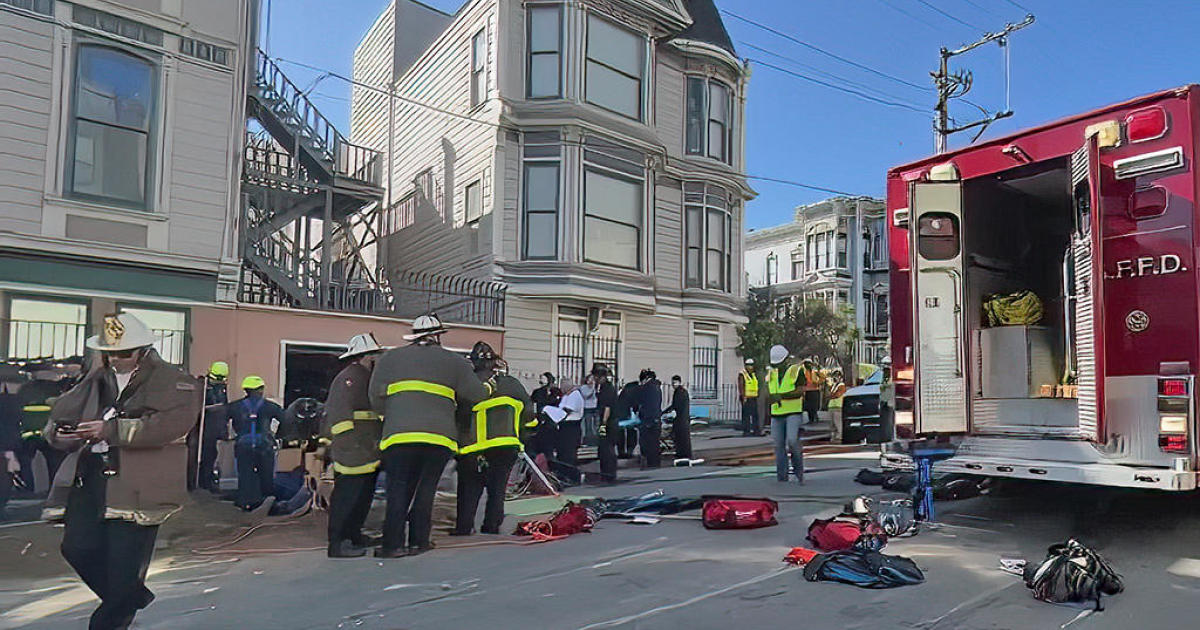Supreme Court Strikes Down Abortion Clinic Buffer Zones, May Impact San Francisco Law
SAN FRANCISCO (CBS SF) -- After the U.S. Supreme Court on Thursday struck down a Massachusetts law that requires buffer zones around entrances to reproductive health clinics, Bay Area legislators and abortion rights supporters are looking into whether similar local laws will be impacted by the high court's decision.
The Supreme Court unanimously ruled that First Amendment free speech rights were being violated under Massachusetts's 2007 law that keeps protesters 35 feet away from abortion clinics.
The decision stems from McCullen v. Coakley, a case out of Massachusetts in which abortion rights opponents argued that they have the right to approach women entering clinics for "sidewalk counseling."
The petitioners claimed that the 35-foot buffer zones have prevented them from their counseling efforts, impeding their First Amendment rights.
Legislation passed in San Francisco in May 2013 created a 25-foot buffer zone around entrances to reproductive health clinics, such as Planned Parenthood facilities where abortions are performed along with other women's health exams and procedures.
The law was crafted to prevent anti-abortion protesters from intimidating women going to the clinics.
San Francisco Supervisor David Campos, who authored the legislation, said Thursday that he was disappointed with the Supreme Court ruling.
"There is a big difference between free speech and harassment," he said. "Buffer zones allow for free speech but prevent harassment."
He said the decision left him "outraged," and that his office is working with the San Francisco City Attorney's Office to see what impact the ruling might have on the local law.
City Attorney Dennis Herrera said in a statement that the court's ruling was "disappointing" and his office is still evaluating whether San Francisco's law is affected.
"The Court appears to have taken away from Massachusetts a balanced and effective law that helped protect public safety and ensure women's access to reproductive health care. The City Attorney's Office is closely examining the ruling and evaluating its effect, if any, on San Francisco's local buffer zone ordinance," Herrera said.
Campos said, "We are not going to stop trying to take all measures to protect all women who want health care and reproductive care."
"We have to figure out what our options are. It's important we in San Francisco do whatever we can to protect a woman's right to choose," he said.
Campos added, "If there is any leeway in this proceeding, we will take it. We are not going to be deterred."
Heather Estes, president of the Bay Area-based Planned Parenthood Shasta Pacific office, said there are seven cities in California, including San Francisco, Oakland and San Jose that have "buffer zone laws" to prevent harassment at abortion clinics.
Estes said the buffer zones were created to make women and other patients feel safe coming to the clinics for family planning and other health appointments.
"If we lose the buffer zone in San Francisco, it makes it harder to enforce the law" that keeps protesters away from patients, Estes said.
"Having this space, this separation, really helps clients feel like we're not being followed to the door," she said.
Estes said Planned Parenthood is still working to understand whether buffer zones in local cities will be impacted by Thursday's ruling.
"It's important for us to continue to look at other regulations," she said.
She said at San Francisco clinics, there is a yellow line painted by the city that forms a half circle around buildings.
"It's a good thing to have a little bit of space," Estes said, adding that protesters often carry large, graphic signs and can be loud in their designated space.
"Buffer zones are a respectful balance," she said.
Sen. Barbara Boxer, who passed legislation making it a federal crime to use force, the threat of force or physical obstruction to prevent individuals from obtaining or providing reproductive health services, issued a statement about Thursday's court ruling.
"It is distressing that the Supreme Court struck down an important Massachusetts law that protected women from violence and intimidation, but it is still a crime to harm, threaten or obstruct women as they enter clinics," Boxer said.
"Because the Supreme Court makes clear that women entering clinics have a right to be protected, I will work to find every possible tool to do just that," she said.
© Copyright 2014 by CBS San Francisco and Bay City News Service. All rights reserved. This material may not be published, broadcast, rewritten or redistributed.



